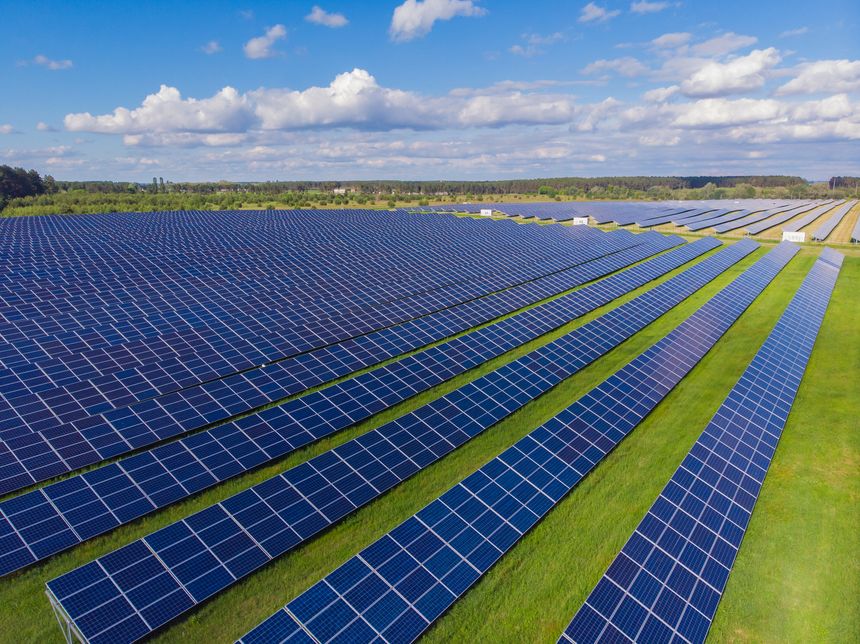On 5 May 2021, the European Commission (EC) published a draft Regulation for a new regime to address the impact of subsidies from non-EU countries on trade within the EU. This follows the EC’s White Paper on foreign subsidies that was published by the EC last year (see our previous briefing on 18 June 2020).
Under the proposed Regulation, the EC would have powers to investigate financial contributions granted by public authorities of a non-EU country (which now also includes the UK) where these confer benefits on individual companies engaging in an economic activity in the EU, and to redress their distortive effects.
As proposed in the White Paper, the Regulation envisages the introduction of three new “tools” to address third state subsidies:
- An ex ante notification obligation for concentrations involving businesses that have received financial contributions from a non-EU government in the previous three years, where the EU turnover of the company to be acquired (or of at least one of the merging parties) is €500 million or more and the foreign financial contribution is at least €50 million;
- An ex ante notification obligation in relation to bids in public procurements by businesses that have received a financial contribution from a non-EU government in the previous three years, where the estimated value of the procurement is €250 million or more; and
- A general power for the EC to investigate, and to request ad hoc notifications, in relation to all other market situations including smaller concentrations and public procurement procedures below the mandatory notification thresholds.
Where the EC finds that a subsidy exists, the Regulation would give it the power to impose redressive measures, or to accept commitments from the companies concerned, to remedy the distortion. These could include behavioural commitments or structural measures such as the divestment of assets. The EC would also have the power to prohibit an acquisition or to prevent the award of a public contract to a subsidised bidder.
If the Regulation is adopted in its current form, it will introduce a major new regulatory hurdle for non-EU companies seeking to do business in Europe. For more details, including some practical issues that businesses would need to navigate, see our briefing on this topic here.
Isabel Taylor and Nele Dhondt




